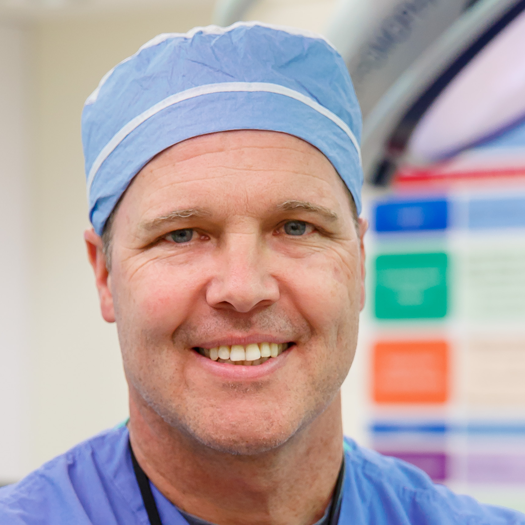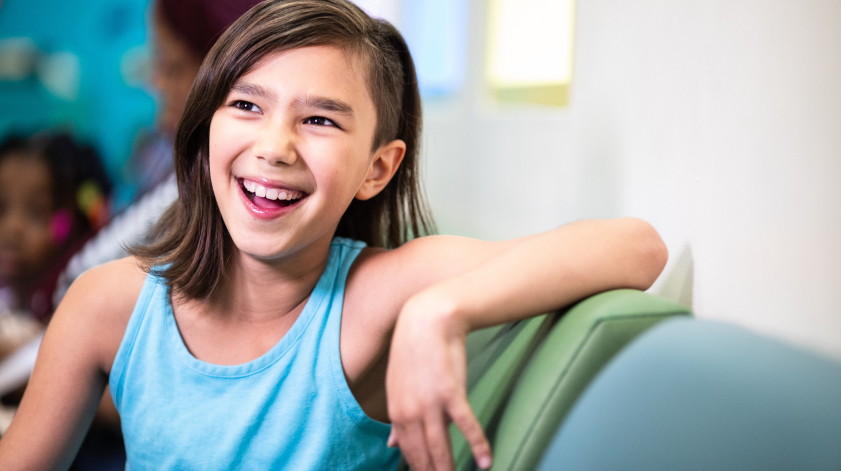
Katheryn's Story

Around Thanksgiving during her sophomore year of high school, Katheryn felt like throwing up after dinner. She began to throw up regularly, but frustratingly didn't know why. A doctor diagnosed her with acid reflux and sent her home with a prescription. The prescriptions didn’t help, and Katheryn continued throwing up, losing 15 pounds within a couple months. “It felt like I was drowning,” she said.
Katheryn was having trouble sleeping at night, her self-esteem was down, and she was afraid to eat in public because she might get sick. Another doctor diagnosed her with acid reflux and anemia but nothing they tried seemed to help her. To compensate, Katheryn began drinking 2-3 bottles of water per meal to help keep the food down.
After seeing multiple doctors, Katheryn was eventually diagnosed with achalasia, a rare disorder that can make it difficult for the esophagus to move food into the stomach. The diagnosis, and a little research on Katheryn's end, led her to Timothy Kane, M.D., division chief of General and Thoracic Surgery at Children’s National Hospital, who specializes in minimally invasive gastrointestinal surgeries. Dr. Kane told Katheryn about per oral endoscopic myotomy, or POEM, a relatively new, minimally invasive surgery procedure used to treat swallowing disorders. POEM is an endoscopic procedure where the doctor passes the endoscope through the mouth. With a small blade attached to the endoscope, the surgeon makes an incision in the esophageal muscle that ultimately allows food to pass through the esophagus and into the stomach more easily.
Children’s National is only the second children’s hospital in the United States to perform this procedure.
After hearing and consulting with Dr. Kane about POEM, Katheryn and her parents agreed that this was her best treatment option. She had the procedure in July 2015 and considers it a success because, although she still has achalasia, she’s gained weight and can sleep and eat normally again. Katheryn said, “It’s been six months, and I feel so relieved. I can now sleep at night without waking up surrounded in throw up. I can now eat in public without having to make these weird facial expressions. I’ve seen and feel major improvement."
Katheryn graduated from high school in June 2016 and was the first in her family to attend college the following fall.
She said, "I am beyond grateful for having the opportunity to have had the surgery and for the people supporting me. I still suffer from it, obviously, but I have learned to listen to my body.”

